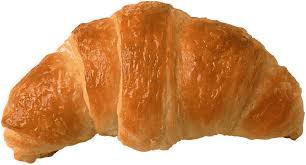The annual Oxford and Cambridge Boat Race is coming up on Sunday. Will Oxford take the trophy back from Cambridge, who were victorious in their latest row-off last year? Tension is mounting in the historic rivalry between the famous British universities – and today it goes beyond the coxes and crews and the battle of the Blues. As reported this morning in the Cambridge Herald, Cambridge University has announced its introduction of the “Cambridge comma.” Rivaling the contentious Oxford comma, which – after the apostrophe – is probably the most divisive punctuation mark in the English language (see Glossophilia’s earlier post on the Oxford or serial comma here), the Cambridge comma introduces a punctuated pause AFTER the word “and“ in lists — i.e. before the final list item, with Oxford already having staked its claim to the prime position before the “and”.
An example of the new Cambridge comma illustrates the unexpectedly belated verbal interruption that it offers: “He packed up his books, cigars, teddy bears and, slippers.” Oxford’s remains more predictably timely: “He packed up his gowns, pipes, long-johns, and ties.”
Oxford and Cambridge have enjoyed an infamous but healthy rivalry for centuries, dating back to when they were the only two universities in England and Wales. Competition between the “Oxbridge” institutions is most famously characterized by the annual boat race, which takes place on a four-mile stretch of the River Thames. Now the colleges will have one more thing — in addition to the best cox and crew, the most famous alumni, the best academic ranking, the most renowned theatrical society — over which to compete: the relative value of their respective serial comma positions. Are you an Oxford comma kind of character, or a Cambridge comma cat?
A spokesman for Cambridge University was quoted in the Cambridge Herald remarking on this new role for the ever versatile comma: “Cambridge is proud to add a new, dynamic and, pause-worthy role to the most widely-used and abused punctuation mark in the English language. We look forward to seeing it flourish in literature, texts, DMs and, IMs as we encourage the world to take an added pause.” Read the full Cambridge Herald article here.
We didn’t see this one coming!
***












